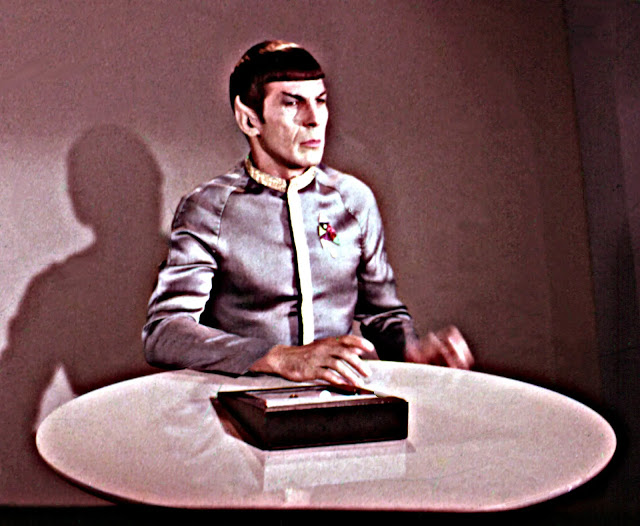Spock, the prime example of logic and coolness under pressure, was wrong 83% of the time as the word assume was inherently part of his persona. Nevertheless, he was pretty damn cool without question.
“Spock is held up as this exemplar of logic and reason and rationality, but he’s set up, in my opinion, as almost a weak caricature—a straw man—of reason and rationality, because he keeps making all these dumb mistakes,” Galef says in Episode 462 of the Geek’s Guide to the Galaxy podcast. “That’s the show’s way of proving that, ‘Aha! Logic and reason and rationality aren’t actually all that great.'”
When reading this, the profound philosophy of the Tao comes to mind as to assume nothing is both hard and wise as reality is always changing, where information is always incomplete and the ability to accept this is key to thriving in a world we will never fully understand.
In the franchise, Spock makes confident predictions based on his superior Vulcan mind. Galef was curious to see exactly how often these predictions pan out. “I went through all of the Star Trek episodes and movies—all of the transcripts that I could find—and searched for any instance in which Spock is using the words ‘odds,’ ‘probability,’ ‘chance,’ ‘definitely,’ ‘probably,’ etc.,” she says. “I catalogued all instances in which Spock made a prediction and that prediction either came true or didn’t.”
Spock’s biggest weakness is his failure to understand that other people don’t always behave “logically.” He also makes no attempt to update his approach, even when his mistakes get his crewmates killed.
He's lucky he didn't get killed also.
“He’s not a spring chicken,” Galef says. “He’s interacted with non-Vulcans before, and so presumably he’s had lots of opportunities to see that, actually, lots of people don’t behave the way he thinks they—rationally —should behave. And yet he fails to learn from those instances of missed predictions because instead he just shrugs and says, ‘Well, the world didn’t behave the way it should have.'”
It never does
The Art of War also applies, does it not?





No comments:
Post a Comment